Best-Practices of Sustainability
Jawor Bros. is committed to the best-practices of sustainability and being good stewards of the land by constantly analyzing our operations in order to maintaining an ecological balance and avoid depleting natural resources. This requires a significant investment of time and capital as well as a steadfast commitment to measurement, monitoring and continuous operational improvement.
As a farming operation, our success is dependent on our core capabilities to manage risk, time and the allocation of capital. Blueberries are grown in a dynamic biological environment, and our challenge is to work with nature, using years of experience and know-how, to get the very best out of each and every blueberry bush over the long-term.
Bio Diversity
Biodiversity refers to the variety of living organisms in a given environment. It has many levels of organization, each of which contribute to key functions of the agricultural ecosystem. Biodiversity tends to promote the stability of regulating and service species populations such as bees, birds, and micro-organisms. Our farm properties often encompass areas such as rivers, wetlands and woodlands that are not suitable for farming but provide habitats that support biodiversity. Wild animals in these habitats often interact with organisms in our fields. In some cases, we encourage these interactions, such as wild bees pollinating our crops, while in others, we discourage interactions such as deer eating our blueberry bushes. Farms with adjacent habitat tend to have lower pest pressures and better pollination rates for crops. Overall, we seek to integrate and promote biodiversity within and land surrounding our farms by protecting natural areas and, in some cases, creating habitats.
Soil Health
We view the health of our crops and soils to be inextricably linked and place soil health and responsible land management at the core of our operational strategy. Functionally, soils high in organic matter create channels for air and water movement, resists compaction, allow water to move into the soil profile more quickly, efficiently filter and store water and release it slowly between rain and irrigation events. Cultivating diverse soil biota to build organic matter, reducing soil loss as a result of nutrient transport, and maximizing soil retention are all central to facilitating healthy soils that sustain long-term productivity.
There are both environmental and economic reasons to conserve and restore soil on our farms. From an environmental perspective, good soil management can prevent air and water pollution and sequester atmospheric carbon. From an economic perspective, healthier soils lead to healthier crops, higher yields, and lower costs, typically resulting in increased profits.
Water Conservation
“When the well is dry, we will know the worth of water” – Benjamin Franklin
Water is essential for life and there is no substitute or alternative. Global demand for water is outstripping supply due to a variety of factors. To many this may not seem like a major concern given that approximately 71% of the earth’s surface is covered by water, but it is important to note that only 2.5% of all water on the planet is fresh, and of that 2.5%, approximately 68% is frozen in glaciers and polar ice caps. That leaves the remaining approximately 32%, which is surface and groundwater, available for human use. The bottom line is usable fresh water represents just .8% of all water on the planet.
In order to preserve this valuable commodity, Jawor Bros. utilizes drip irrigation (a perforated hose that runs down each row of blueberry bushes) on all of our planted acreage. Water and plant nutrients trickle out of the hose with little evaporation and virtually no runoff. Lower irrigation requirements reduce the need to constantly pump water out of rivers and aquifers, both lowering operational costs and conserving more resources for the future.
Ecosystem Enhancement Projects
Almost all plant communities include many species and provide a wide variety of resources for a diversity of animals. In natural settings, a diverse plant community flowers over an extended period, which feeds pollinators evenly over the course of a year. Crops that require pollination can have significantly reduced yields if there are not enough pollinators present during flowering.
Jawor Bros. farms have extensive natural areas adjacent to fields and an impressive flow of insects, spiders and birds can be seen moving between crops, forests and wetlands. Other farms can be largely devoid of habitat, or habitat needs to be more evenly distributed to spread the benefits of species interactions more thoroughly.
Enhancing Pollinator Health, Populations and Biodiversity
It is estimated that one out of every three bites of food we eat is possible because of animal pollinators. Bees are the most populous pollinators, but there is an entire segment of the animal kingdom, including butterflies, moths, birds, bats, beetles and many more, that help pollinate the food we eat. Yet studies show these vital pollinator populations have been declining over the last 30 years due to loss of habitat, pests, pollution, pesticides and a changing climate, among other contributing factors.
We consider the survival of wild and domestic pollinators and beneficial insects critically important to the future of agriculture and our environment. As a result, we have implemented several initiatives specifically targeting the preservation of bee populations.
• We have implemented pollinator-friendly practices on our blueberry farms with regard to the use of chemicals that can hurt bees and other pollinators
• In conjunction with the Natural Resources Conservation Service (NRCS), we are participating in the Regional Conservation Partnership Program (RCPP) to establish over twenty-one (21) acres of natural pollinator habitat on land that we own. This project is currently the largest if its kind in the State of Michigan.
• We have started our own domestic bee colonies, using native Michigan bees, to satisfy Jawor Bros. and other farm’s pollination requirements in the future.
